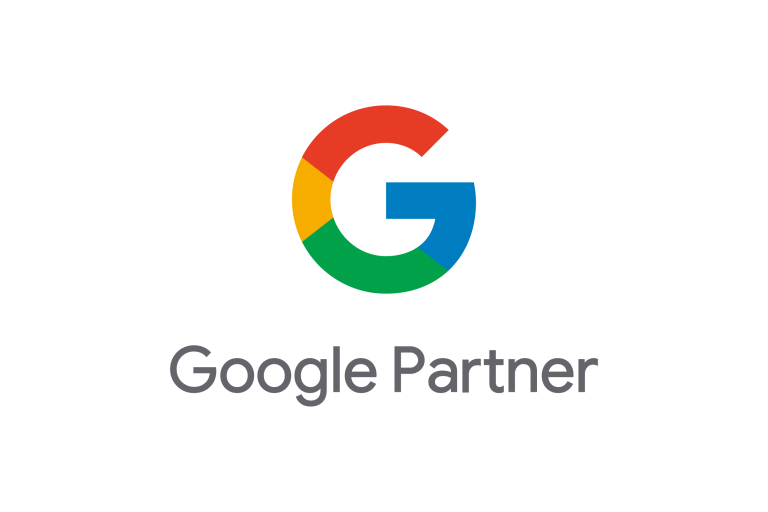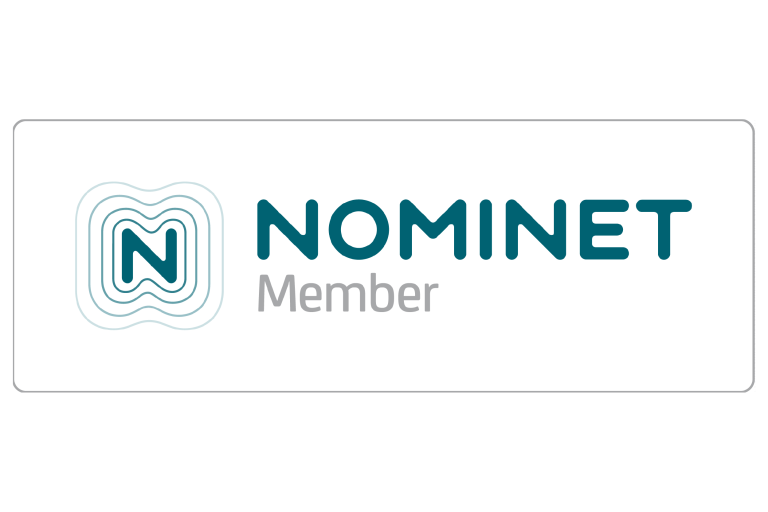 Website Optimisation
Website Optimisation
Structured data is code written in a machine-readable format which allows Google and other crawlers to better understand content on a website. This allows search engines to harness this additional information to provide rich snippets in search results providing additional exposure for your business. This blog discusses in more detail what structured data is and how it can be used to help your SEO and optimise your website. Structured data can help crawlers understand the basic business information (Company name, address, opening hours etc) but can also be used for more complex information (articles, upcoming events, recipes, products etc).
Structured data is organised and tagged into specific groups to help Google and other search engines understand the context and use it to provide accurate and rich results. This tagging is also called mark-up.
How can it help your business?
Having structured data can improve your SEO as it aids search engines and helps them to understand your website and content which can only be a good thing. We have also seen an increasing trend for people seeking personalised online experiences. Using structured data helps Google provide the most accurate and relevant search results for people. If you use structured data, it is never guaranteed that you will appear on the page, but you are more likely to be more visible to potential clients and it can also help increase your click through rate.
Do you need a web developer to get started?
In most cases it beneficial to involve your web developer to ensure structured data is being used on your website and ideally in a way which is automatically added whenever something is updated on your website such as an event or product (this is especially important if the section is changing on a regular basis so you don’t have to always update the code on the page manually). You can use Google’s Structure Data Mark-up Helper to submit a page and tag different sections of the page. Once you have tagged your page, the tool will generate HTML which you can download and add to your site.
Examples of structured data
Structured data shows up on search result pages in a range of ways. Carousels are sometimes used at the top of search results to show movie actors if you are searching for a film or will show songs from a featured artist you are searching for. This sometimes happens with products, news articles etc.
Featured snippets are another type which includes information search engines believe is relevant to the search taking place. This may include answers to questions. These snippets do not count as one of the organic results on a SERP, so winning the snippet on a page can mean your business can show up twice on the same page.
Knowledge panels (or knowledge graph cards) are another common type of structured data. If you have every searched for someone famous you will more than likely see information about them show down the side of the search results page which includes a picture, their birthday and more information about their career. This is a popular example of knowledge panels in action.
In conclusion, having structured data does NOT guarantee you to show more on SERP, and does not affect the position of your organic listing, but it can impact where your business shows on SERPS and this can improve your exposure significantly. Incorporating it into your SEO strategy in the long term can help you reap the benefits.
Moving forward, structured data is likely to continue to be used more, meaning if you think about starting to use it now, you can get ahead of your competitors. If you do not have it as part of your SEO strategy, you are potentially missing out on opportunities to rank higher.
There is no guarantee that Google will provide a rich snippet of the page you are looking to add, even if you have added structured data. All you can do is hope Google will use this extra information you have provided.
The main thing to remember is to be patient. You will not see results overnight, which is common with SEO in practice, however you can reap the benefits in the long run.
If you need any more information or help with structured data, then please contact the web development team on 01522 811688 and we would be happy to help.

 Website Optimisation
Website Optimisation







